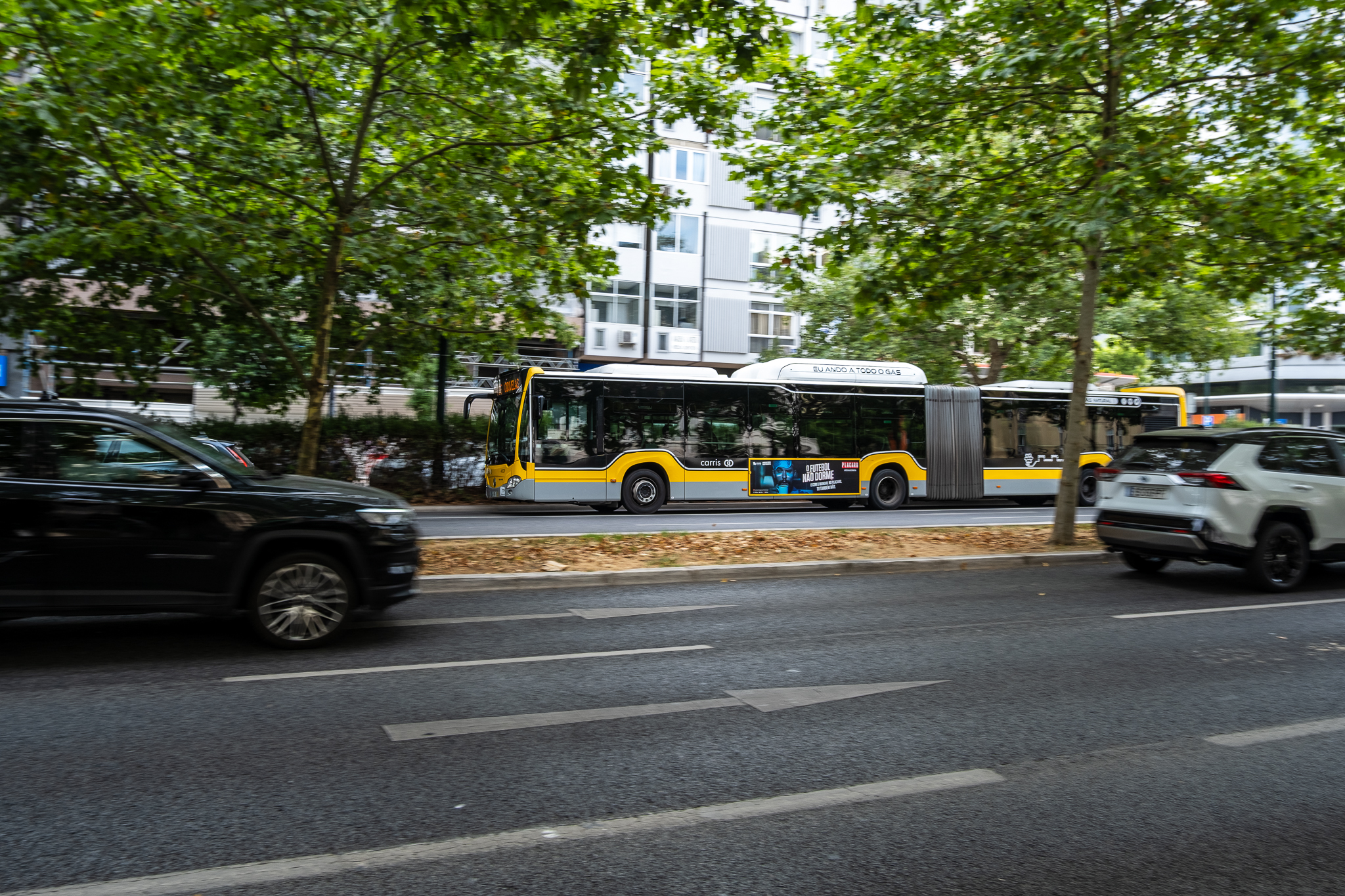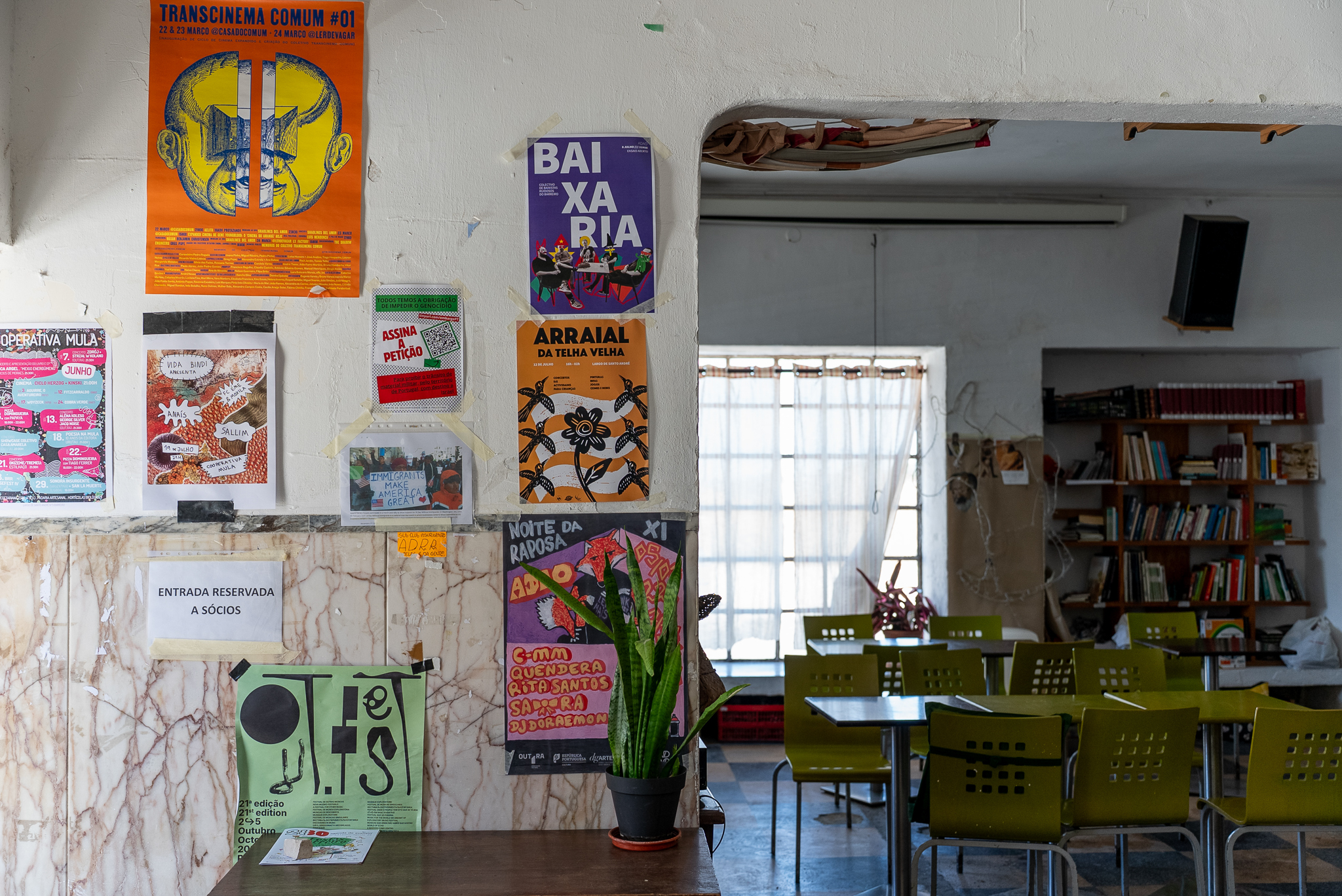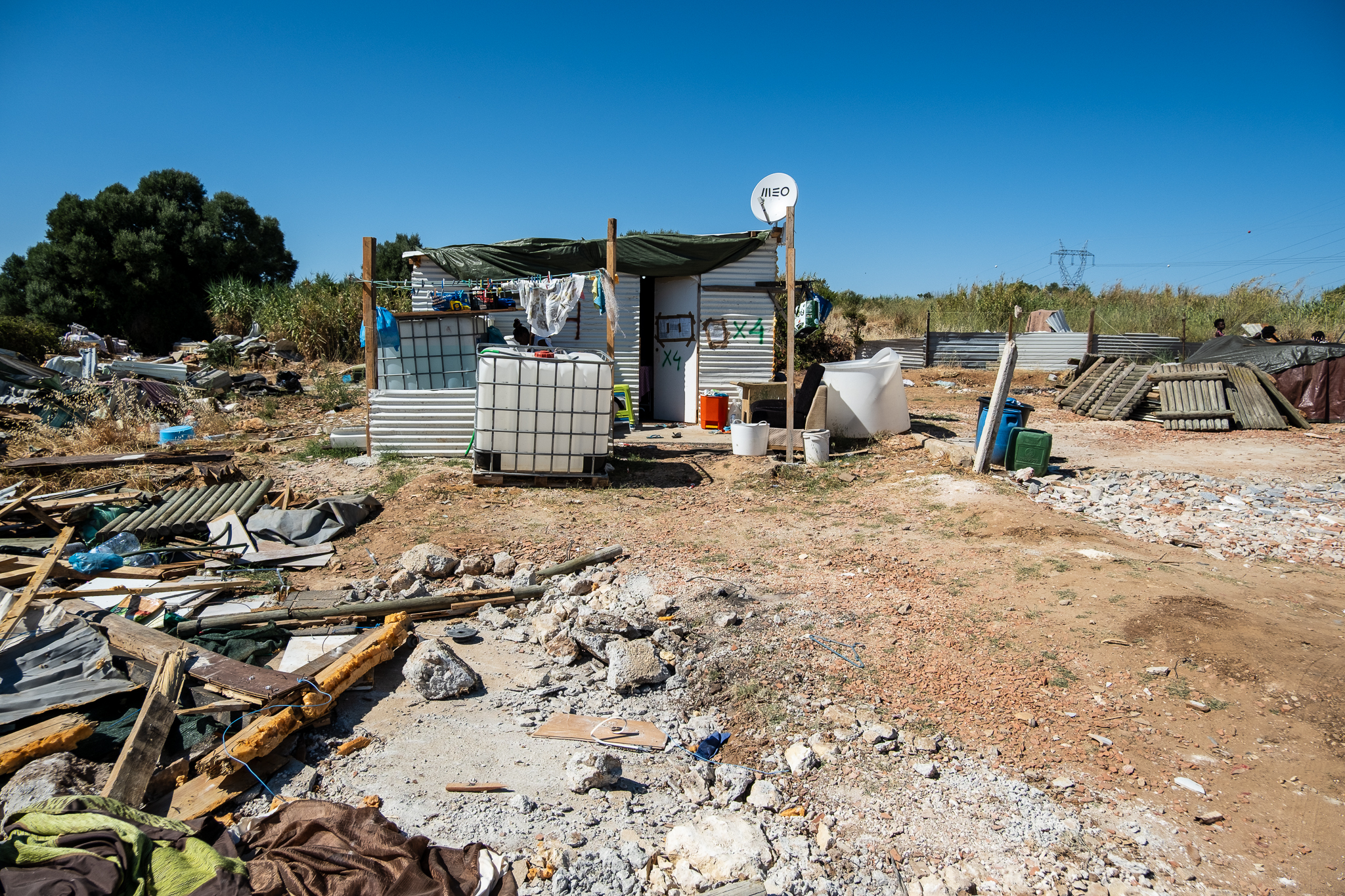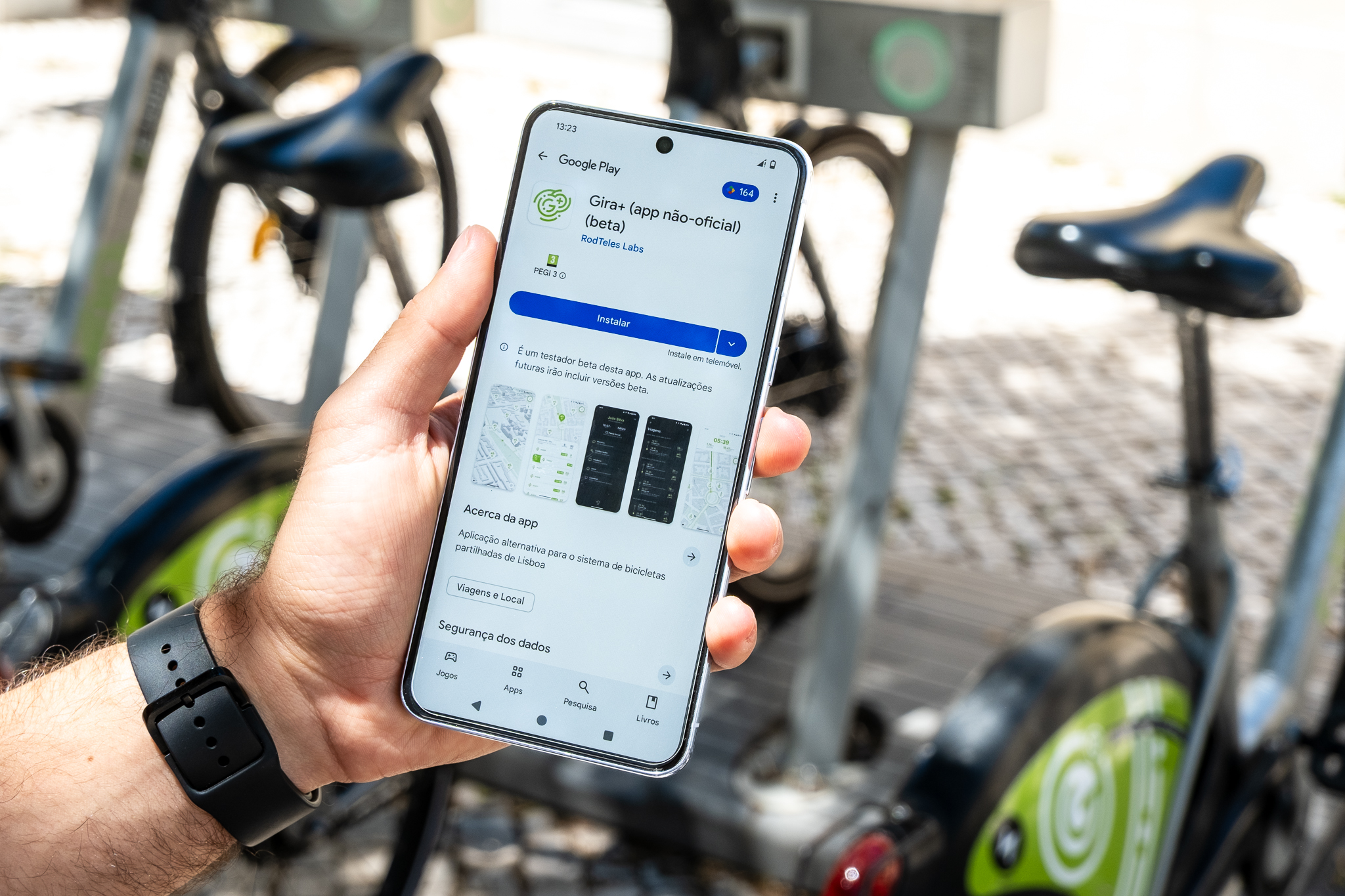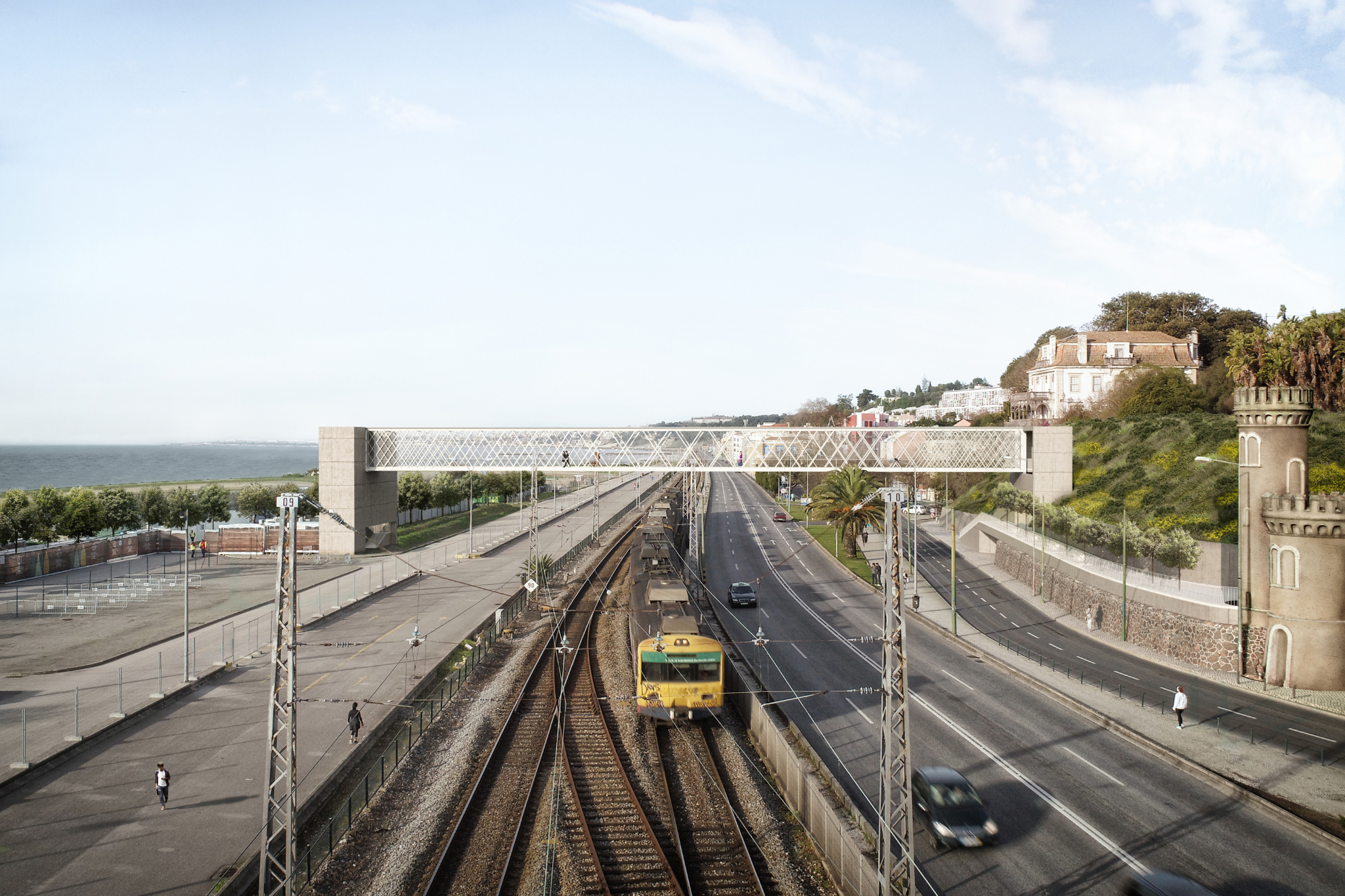
According to recent data25% of people who use bicycles in the city of Lisbon are femaleIt was also found that in areas where there is no segregated infrastructure, this percentage is much lower - which could be an indicator of less safe cycling. For The Guardian, this percentage is an inspiration for cities like London but the reality in Lisbon may not be so positive.
In order to identify factors of gender inequality in access to and use of bicycles in the city of lisbonEMEL is promoting a survey as part of a European research project called TinnGO. The survey, which can be accessed here, é essentially focused on the bicycle but covers the different means of transport.
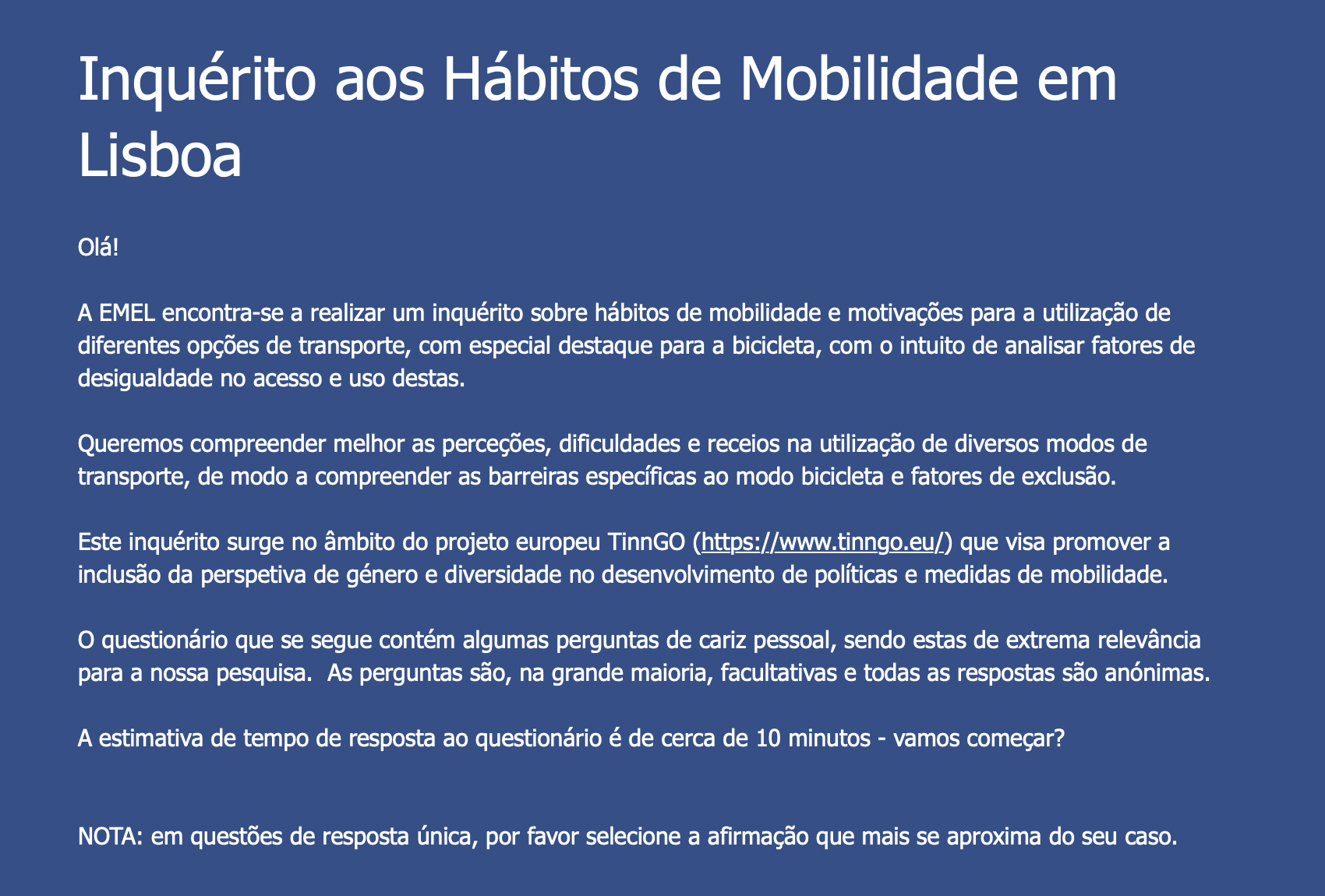
In press releaseEMEL explains that "is strongly committed to defending and promoting the principles of equality and fairness" and that this instrument is intended to "to analyze perceptions, difficulties and fears in its use, to understand what barriers are placed in particular on the bicycle mode and what factors lead to its exclusion".
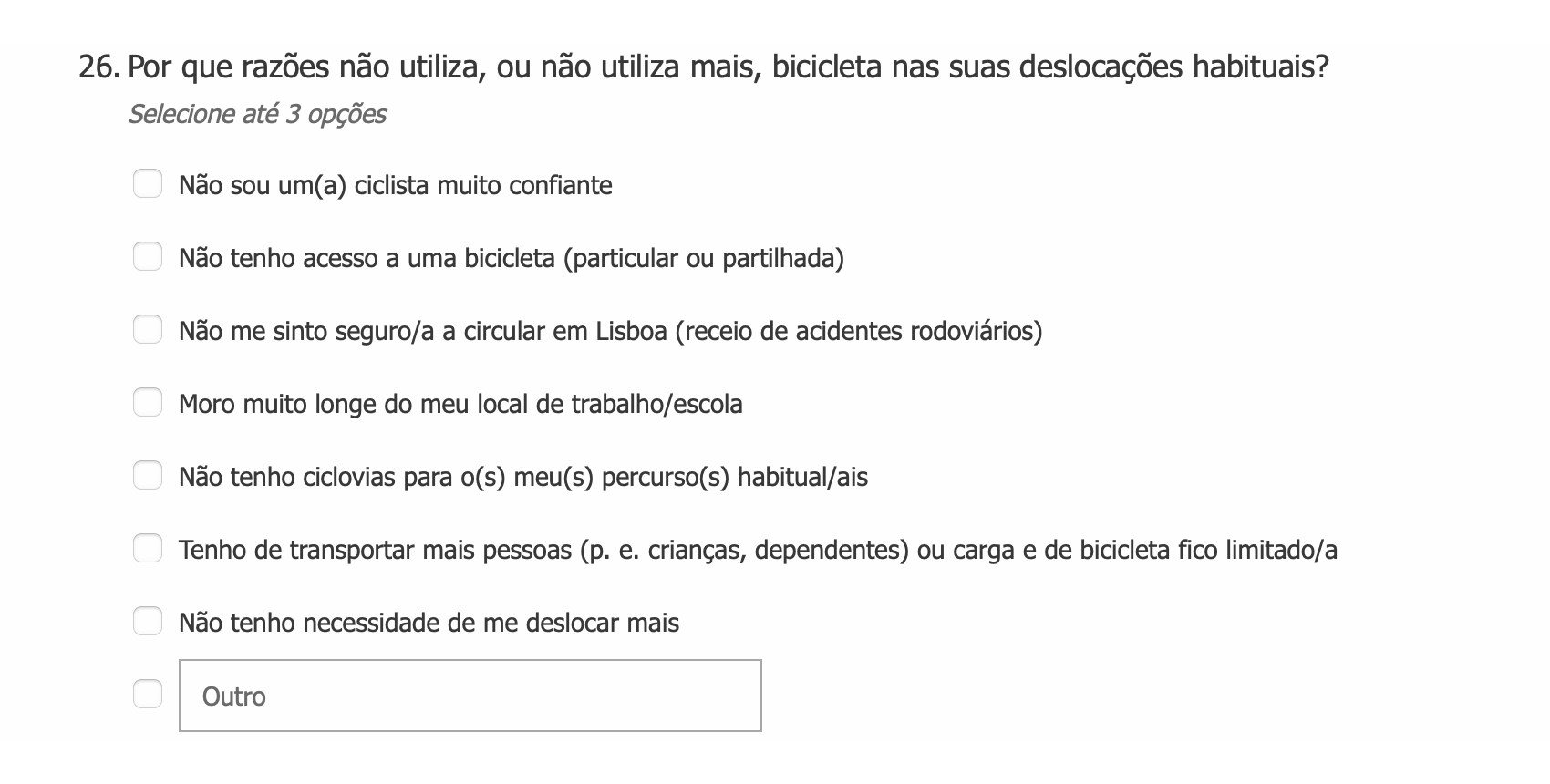
The answers to the survey "will support the Gender and Diversity Action Plan (GaDAP), which will include lines of action that will allow the bicycle to be perceived as a safe, reliable and efficient means of transport, thus increasing its competitiveness and at the same time encouraging its use through greater equality of access".
The survey is online and available from April 6th to 27th and is intended to be as inclusive as possible, looking for a diverse audience in terms of gender, backgrounds and experiences. It will take about 10 minutes to complete and can be done here.

O TInnGO is a research project to promote the inclusion of a gender and diversity perspective in the development of mobility policies and measuresby creating a European Observatory for Gender Smart TransportThe European observatory is a network of 10 observatories that aggregate useful information for decision-making on this issue. This European observatory is made up of a network of 10 hubs national: United Kingdom, Spain, Portugal, Italy, Scandinavia, Greece, France, Germany, Romania and the Baltic States, and focuses on gathering knowledge about gender equality in transport, including the provision of case studies that encourage the adoption of gender-sensitive mobility and diversity solutions.

